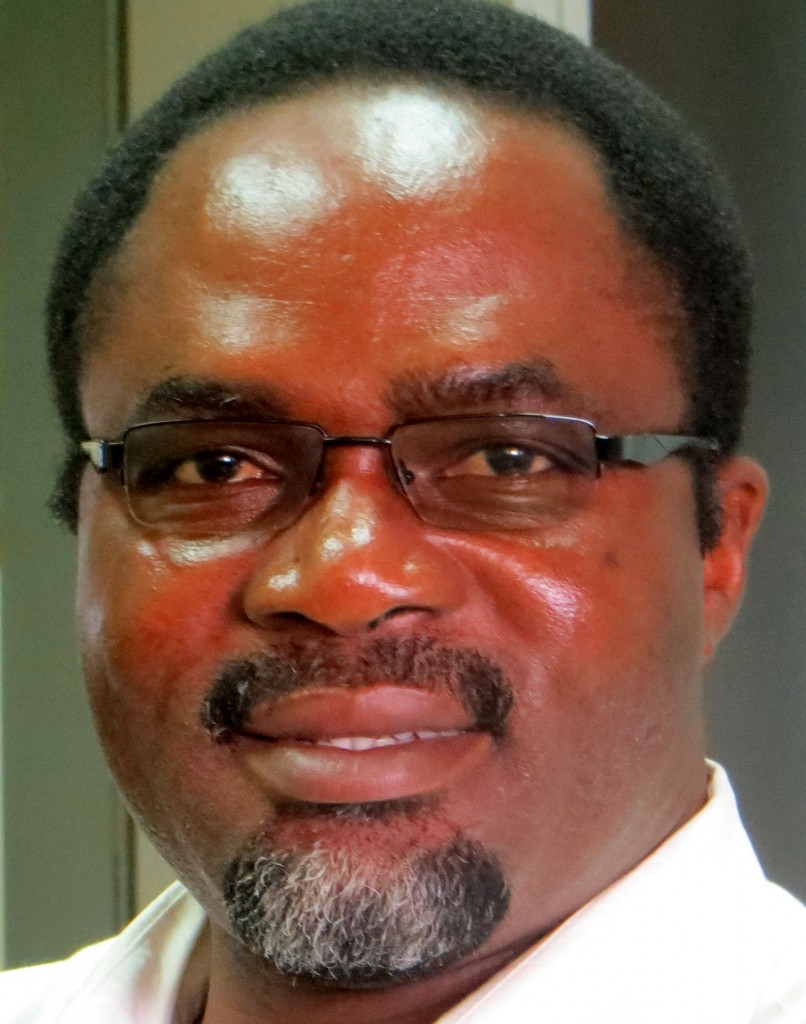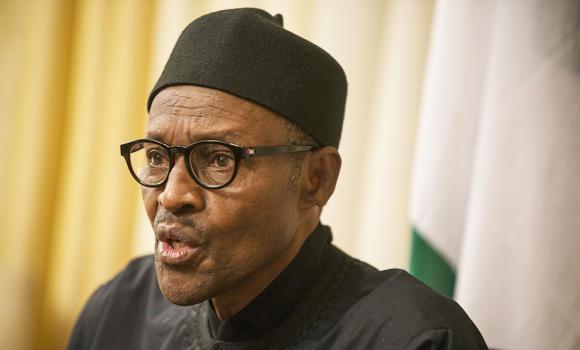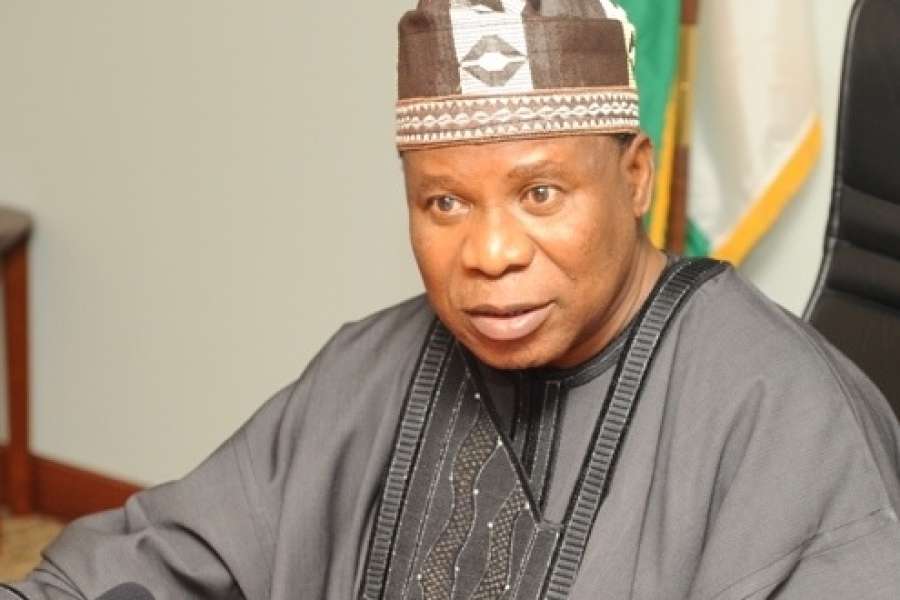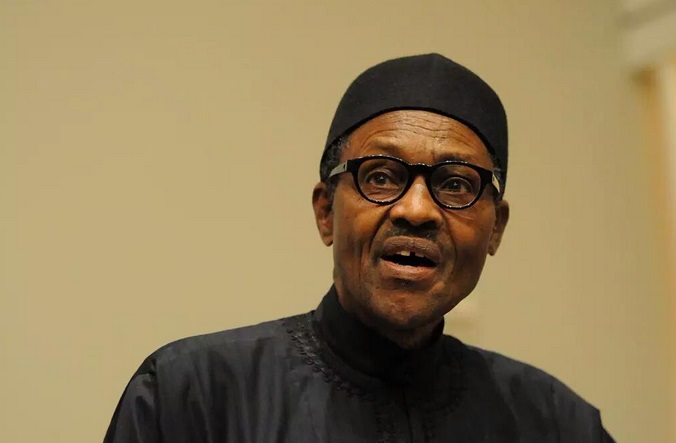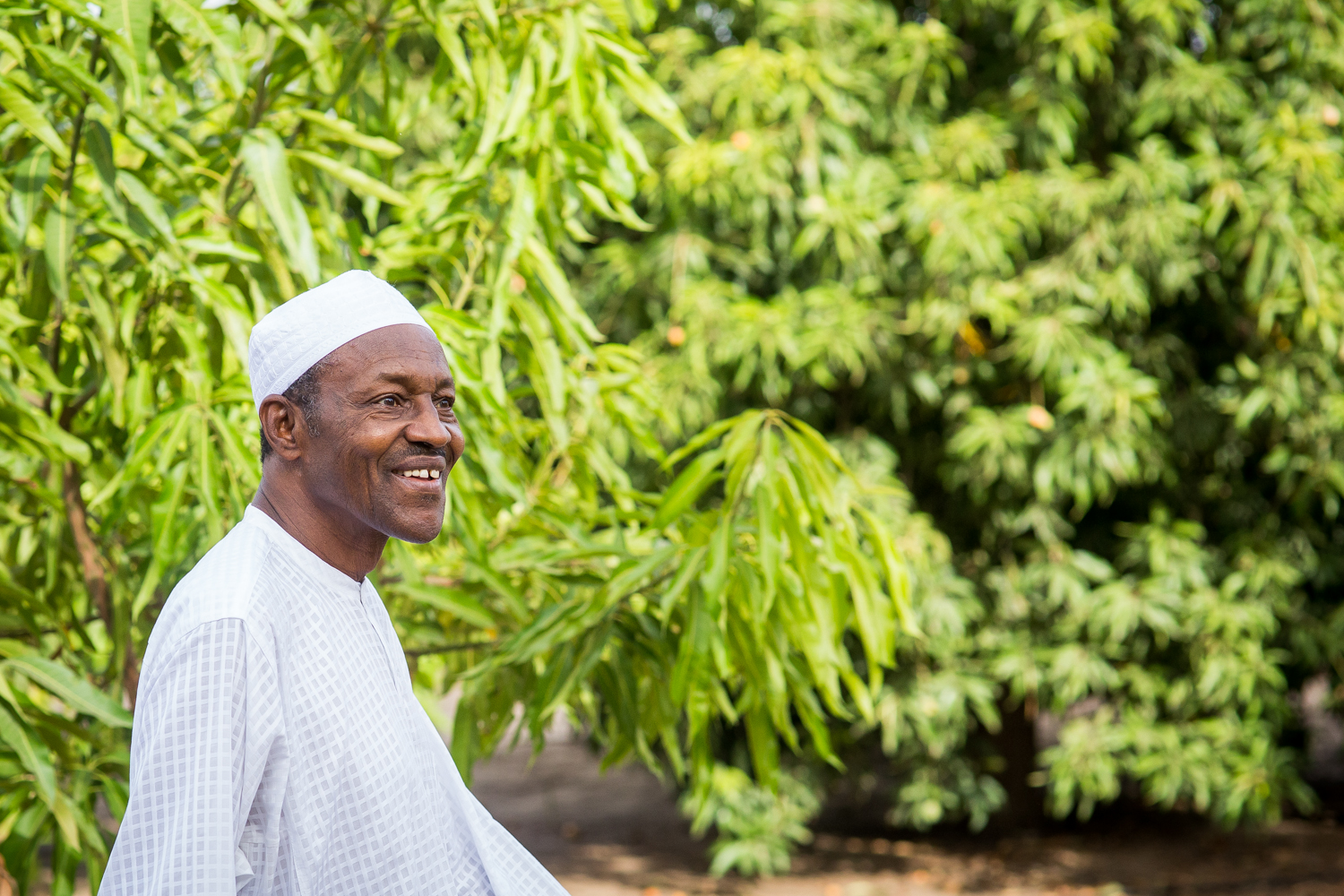By “Buhari’s one hundred days of solitude” I mean solitude in a different sense from the usual. I mean the solitude, as it were, of President Buhari having run his government as President for a hundred days without appointing ministers. For this development – unprecedented in our democracy, if not our entire history – he has been the target of criticism including his depiction in a cartoon as a snail, with obvious implications for his speed at taking decisions or actions that most of us have until recently come to regard as routine or uncomplicated – like the appointment of ministers. For the same reason he has also been criticised for running his government as a “sole administrator”.
Incidentally, the concept of “Buhari’s one hundred days of solitude” was inspired by the title of the famous novel by the Colombian writer Gabriel Garcia Marquez. The Wordweb dictionary defines solitude as “The state or situation of being alone”. To a writer and any other type of artist, solitude is invaluable, a necessary condition for creativity.
The same thing can be said of religious leaders, who need solitude for meditation, prayer and similar essential engagements of their clerical vocation. For instance, Siddhartha Gautama, the spiritual teacher later known as Gautama Buddha or simply The Buddha, was said to have attained enlightenment while engaged in meditation, in solitude, under The Bodhi Tree. And the world’s religious landscape changed irreversibly with the subsequent advent of Buddhism, one of the ten great religions characterised by a strong intellectual orientation and non-belief in the necessity of attaining bliss in the afterlife. Also, the forty days Jesus Christ spent alone fasting and praying in the wilderness, making spiritual preparations for the launch of his ministry, as reported in the Bible, can be described as forty days of solitude.
Even those in the pure and applied sciences have tended to find solitude a necessary condition for their work, which usually involves research, experiment and deep thinking. Legend has it that the famous Pythagoras Theorem was discovered by the Greek mathematician while alone in his bathtub, in what I would describe as ablutionary solitude, apparently unable to stop thinking of geometry even while taking his bath.
Advertisement
He was said to have ran out of the bathroom and into the streets naked, shouting “Eureka!” (“I have found it!”), after the epiphany of the famous theorem. The “treasure” he discovered in solitude he dashed out in public to celebrate with euphoria!
Perhaps one should say that all serious individuals engaged in productive ventures need solitude to plan, take stock, evaluate progress, etc., regardless of their calling, which makes solitude a productive state. Of course, such individuals should include those in public life, political leaders like President Muhammadu Buhari, as opposed to creative artists who are more inclined to be associated with the contemplative life of which solitude is an integral part.
However, the criticisms of President Buhari for having not appointed his ministers in his first hundred days in office should not be ignored, for his having not done so could be a sign of diffidence. And this could prove dangerous in our current situation as a nation, where quick and decisive action seems to be what is needed to rescue the nation from a plethora of ills of which the corruption, insecurity and inadequate power supply highlighted by the president himself are just a few.
Advertisement
And it could seem that the longer he waits without taking such quick and decisive action the bigger the problems grow. But the reality is that they have generally reduced since he assumed office, especially in the power and energy sectors where we have witnessed an improvement in the availability of petrol and electricity nationwide owing to what I have described elsewhere as “the Buhari factor”. And by “the Buhari factor” I mean the fear (inspired by Buhari’s leadership style and personality) that failure in discharging one’s responsibility in public office will be punished, or the belief that doing so efficiently and conscientiously will be adequately rewarded.
So one of the gains of Buhari’s one hundred days of solitude is that, as a country, we have been able to make some attitudinal progress in public service, tangible in the power and energy sectors as improved efficiency. In the hundred days, we have realised that a leader’s body language can be a factor for increased productivity, even with the leader having seemingly not altered the structure he inherited in any remarkable way.
But Buhari’s hundred days of solitude would still have been well spent if, as might be the case, the period was devoted to the detailed planning he needs to deliver good governance.
Needless to say that many human endeavours fail due to inadequate planning, and that it is better to plan for the first hundred days or more of a four-year tenure and succeed than to rush headlong into implementing unplanned or poorly planned programmes and fail woefully in their delivery.
Advertisement
In all, the first hundred days of an administration billed to last for four years can be likened to “Morning Yet on Creation Day” – the title Chinua Achebe gave to one of his books. And true leadership involves creation, for it entails ordering or reordering things in line with a leader’s vision, and their conviction as regards what is in their nation’s best interest.
In effect, the first hundred days in office is too early in the day to draw conclusions as to what the result of a four-year period of governmental creation, which can be dynamic and unpredictable like other forms of creation, will be. But it is not wrong to speculate or voice one’s expectations as some of us have done in relation to the Buhari administration, who have high expectations of the president and had expected him to hit the ground running, as the saying goes.
But we must also understand that to hit the ground running is not as important as how one ends the race, even with a “slow” start.
Advertisement
Views expressed by contributors are strictly personal and not of TheCable.
Add a comment
